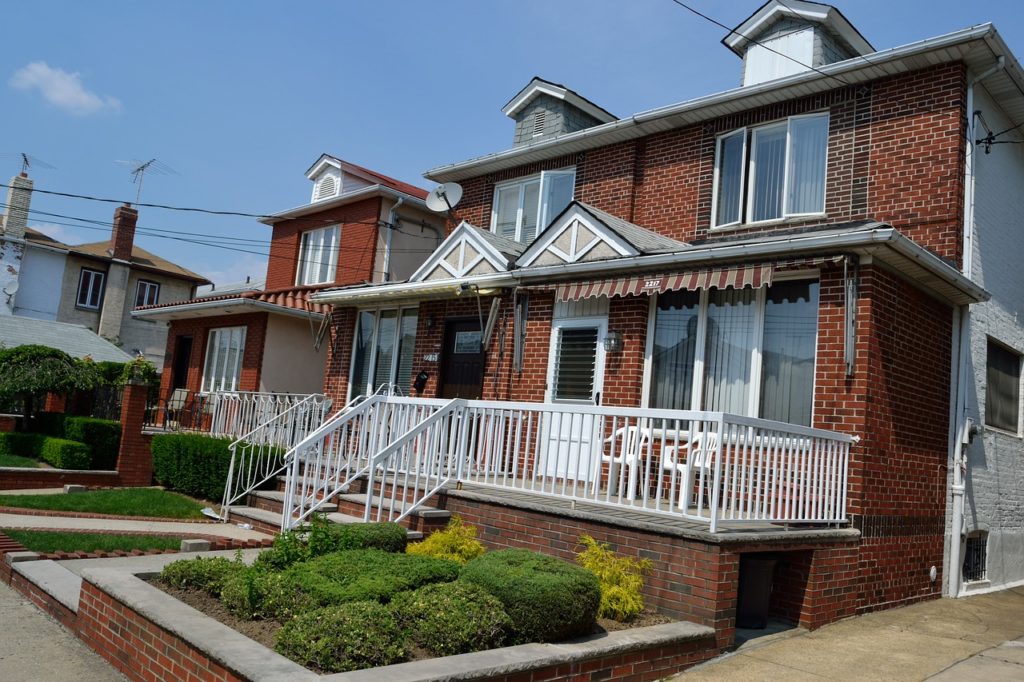“What sort of material should your exterior shutters be” is a seemingly mundane question but not everyone can answer it. Read this article and find out the answer.
If you have read my article on differences between wooden and composite shutters, then you might have noticed something.
In the previous article, I was torn between whether or not to add more information on other materials and their pros and cons.
Since it was an article focused on differences between the two materials, I held myself back, thus leading to the “birth” of this article.
As a renovation enthusiast, I have to get this out off my chest and share it with you folks.
What are the best materials for exterior shutters for windows then?
Some backgrounds for the decision:
The best material for your exterior shutters depends on a lot of factors. Unless you can afford adamantium exterior shutters with diamond crafted on it that serves all purposes from protection, durability, and decoration, then there is no need to read this article. $10,000,000 please, cash or credit?
Jokes aside, the following are the factors you should consider:
- Your budget
- The humidity of where you live
- Intended user
- Decorative value
Best materials for different uses.
Wooden exterior shutters
Wooden is a classic choice for exterior shutters as it is typically affordable for almost everyone. However, its shortfalls are the vulnerability to moisture and sunlight. Prolonged exposure to these things would cause your windows to rot faster than Usain Bolt.
Even if you put in the effort to maintain them, the average lifespan of your shutters under such conditions would only be 3 to 5 years.
I would advise to install them only in a spot relatively dry and with a lot of shade.
Other than that, they are easy to purchase at an affordable price range and give you the classic wood look which a lot of people fall for.
Composite exterior shutters
As I have already provided quite a bit of details in the other article on why they are called fake wood, I don’t think I should waste your time here again.
They are also within the affordable price range, more durable than classic wood, and less vulnerable to sunlight and moisture (but they will still rot).
The trade-off is that they are quite heavy, so unless your grandparents still work out regularly at the gym, I would not recommend installing this.
Vinyl exterior shutters
If you are broke but still desperate for something to cover up your window, then this should be the best material for you.
However, they do have the following cons:
- Only come in a certain length
- Cannot be installed on hinges
- Need to be pinned down properly to avoid issues with warping
PVC Exterior Shutters
This is an upgraded material version of the Vinyl. These shutters are made with solid material, which is why you can install them on hinges.
Though the price is no longer the most affordable, another trade-off is that the material should not be painted with dark colors as it would absorb heat and ruin itself.
Fibreglass Exterior Shutters
It is extremely durable, lightweight, forever lasting, not afraid of thermal expansion, has high decorative value, and only cost a liver.
No seriously, they are quite expensive.
Conclusion
Alright, folks, that is pretty much it for what I think the best materials for exterior shutters are. Hopefully, It was easy for you to understand. I do apologize for the jokes if you do not find them funny, but if you do, that’s great.
Also, please do not forget to check out a list of different exterior shutters for windows here and I hope you get the shutters you are looking for. Have a good day.

